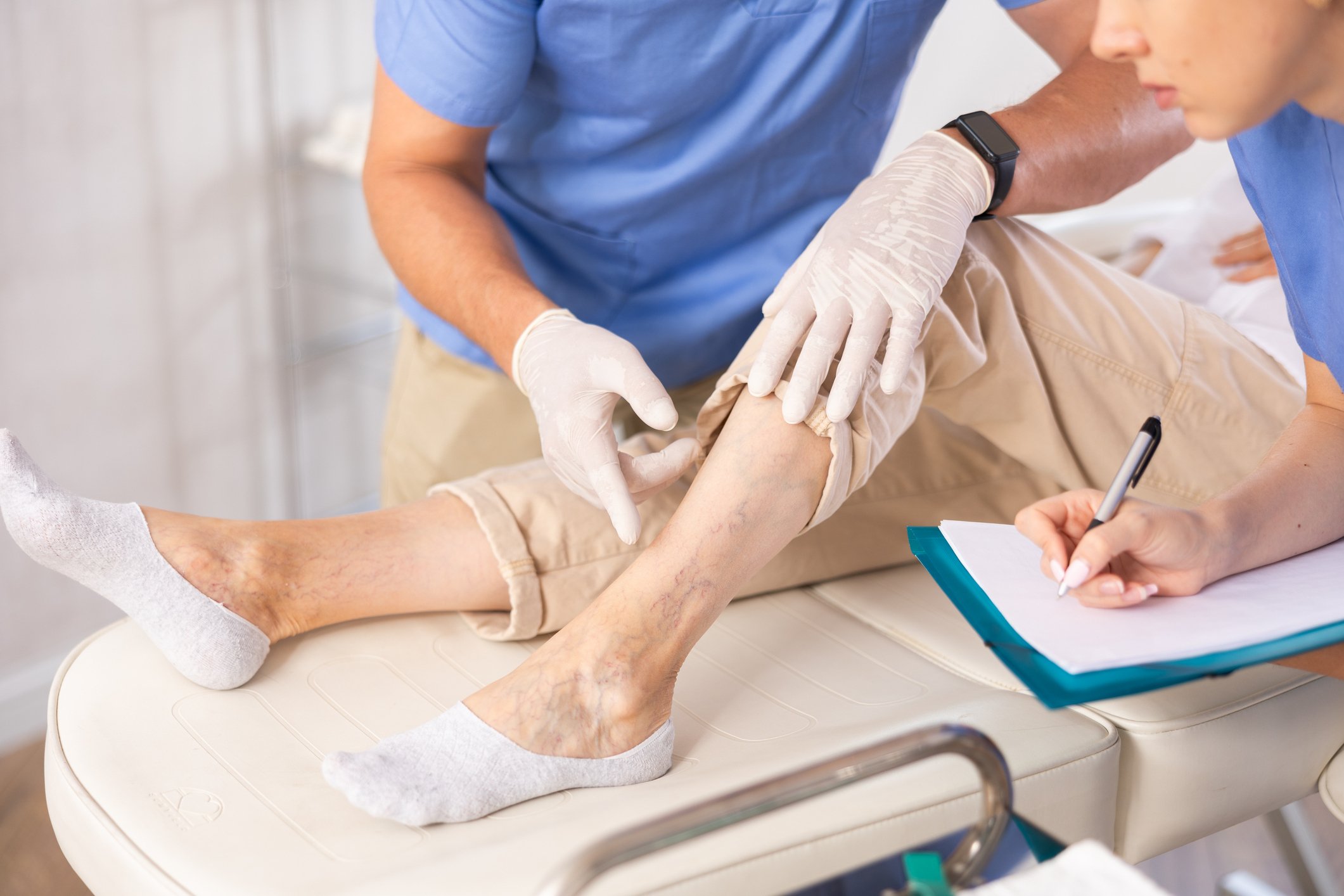
Early Signs of Vein Disease – What to Watch for Before It Gets Worse
Vein disease doesn’t happen overnight, it develops gradually, often beginning with subtle symptoms that are easy to overlook. Maybe your legs feel heavy after standing all day. Perhaps you’ve noticed some swelling around your ankles or a few new veins just beneath the surface. While these early signs might seem harmless, they could be your body’s way of telling you it’s time to pay attention to your vein health.
Understanding Vein Disease
Your veins play a crucial role in circulating blood back to the heart. When the tiny valves inside them become weakened or damaged — a condition known as chronic venous insufficiency (CVI) — blood can begin to pool in the legs instead of flowing upward. Over time, this can lead to visible varicose veins, swelling, skin changes, and discomfort that impacts your day-to-day life.
Early Warning Signs to Look For
The first indicators of vein disease can be surprisingly subtle. Watch for:
- Leg heaviness or fatigue: A common sign that blood flow isn’t as efficient as it should be, especially after long periods of standing or sitting.
- Swelling (edema): Usually around the ankles or calves and often worse at the end of the day.
- Aching, throbbing, or cramping: These sensations can signal that your veins are under strain.
- Visible veins: New or worsening spider veins and bulging varicose veins are visible signs of deeper circulation issues.
- Itching or skin changes: Dry, irritated, or discolored skin around the lower legs and ankles may point to poor vein function.
Who Is Most at Risk?
Several factors can increase your risk of developing vein disease, including:
- Family history: Genetics play a significant role in vein health.
- Age: Vein walls and valves naturally weaken over time as we age.
- Gender: Women are more likely to develop varicose veins due to hormonal changes from pregnancy, menopause, or birth control use.
- Occupation: Jobs that require long periods of standing or sitting can strain circulation.
- Lifestyle factors: Limited physical activity, obesity, or smoking can all contribute.
Why Early Detection Matters
While vein disease is rarely life-threatening, it can greatly affect your quality of life — making daily activities, exercise, and even sleep uncomfortable. Left unaddressed, mild symptoms can progress to more noticeable vein bulging, persistent swelling, or skin irritation that may eventually require more intensive treatment.
Catching the condition early not only helps preserve leg comfort and appearance, but also makes treatment options simpler and more effective.
What to Expect at Your Initial Appointment
If you suspect you may have early signs of vein disease, the first step is to schedule a consultation with a vascular specialist. At the Vein Institute of NJ, our board-certified vascular surgeons perform a comprehensive physical examination and a venous duplex ultrasound (reflux scan) to evaluate blood flow in your legs.
This non-invasive test provides a detailed look at how your veins are functioning, helping your care team create a personalized treatment plan — whether that means lifestyle changes, compression therapy, or a minimally invasive procedure to restore healthy circulation.
Take the Next Step Toward Healthier Legs
If your legs are feeling heavy, tired, or swollen, don’t ignore what they might be trying to tell you. Early evaluation can help you feel better, look better, and get back to the activities you enjoy.
Schedule a consultation today and take your first step toward better vein health.




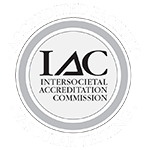
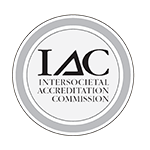
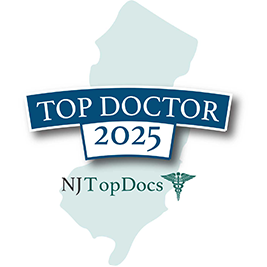
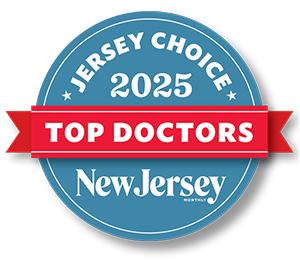
_2.jpg)